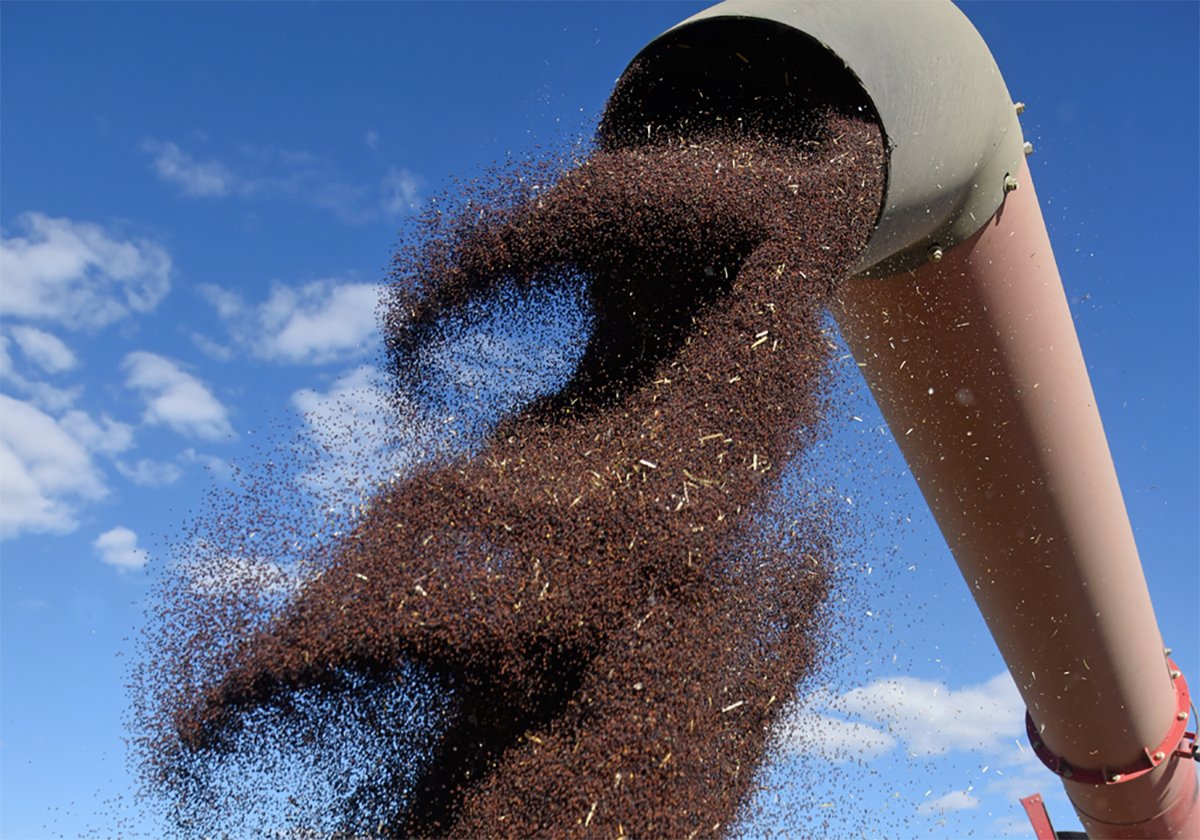Maple Leaf Foods will close the doors at its Saskatoon pork processing plant June 1.
The announcement last week took employees and hog industry officials by surprise.
While they knew the plant was slated to be mothballed in the next year or so, they didn’t think it was going to happen so soon.
“When (Maple Leaf chief executive officer) Michael McCain originally announced the closure in October of last year, he talked about 12 to 18 months,” said Neil Ketilson, general manager of Sask Pork.
“October to May is somewhat shorter than that.”
Read Also

Ag minister says tariff situation with China is fragile, volatile
Agriculture ministers from across Canada said they heard canola producers’ concerns about tariffs but it seems unlikely they can do much about them.
Ketilson said everyone in the industry, from plant workers to farmers, is disappointed that it happened so quickly.
“The reality of it all has hit home, and people are wondering ‘what do we do now?’ ” he said.
The Saskatoon plant slaughtered some 900,000 hogs a year. Its closure leaves two large plants operating in Western Canada – Maple Leaf in Brandon and Oly-West in Red Deer.
Maple Leaf is offering Saskatchewan producers five-year contracts to ship their animals to the company’s Brandon plant. That compares with one-year contracts that were available at the Saskatoon plant.
Ketilson said that’s not an attractive option for most producers in the province.
“For people to have to commit for a very long term to Brandon, it really makes the reality set in,” he said.
Hauling seven or eight hours to Brandon is a totally different situation than taking an hour to run into Saskatoon.
Not every producer has enough animals to fill a truckload every week, and shipping less than a full load raises costs on a per-animal basis.
“It will be extremely difficult for small producers and those with part loads to haul for themselves,” he said. “So where do they assemble? What are the logistics? Who do they get to haul?”
One silver lining may be that producers will feel a new sense of urgency to set up a producer-run processing plant in the province.
In announcing the closure, Maple Leaf said most of the 300 hourly paid employees at the plant will be able to find at least seasonal work at the company’s further processing plant in the city. However the long-term future of that plant is also under review.














